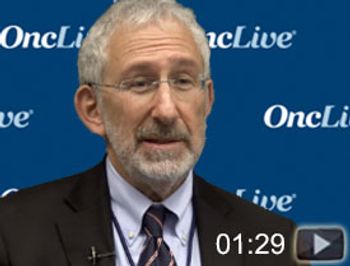
The greatest concern with the profoundly distressing episode that has unfolded at Duke University in recent years is whether it will truly serve as a learning experience that would help prevent future misconduct— events that have the potential to result in serious harm to highly vulnerable patients with cancer.





